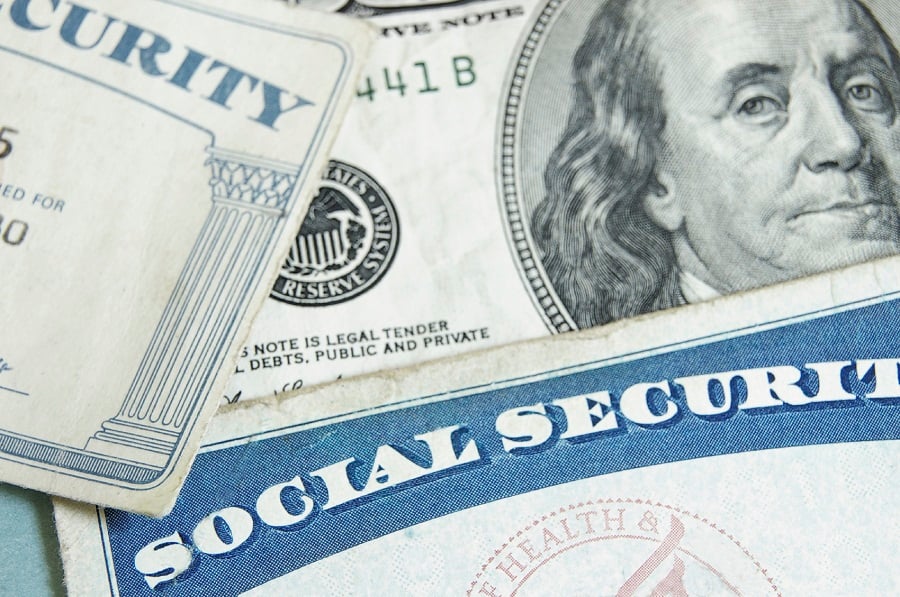Every year, Americans give up thousands of dollars of income by filing for Social Security benefits too early. If you're anywhere near retirement, or want to help guide your parents, here's how to think about when to file — a once-in-a-lifetime decision with huge financial consequences.
You can start getting a monthly check at 62, but that locks in a reduced benefit for the rest of your life. Retirees currently get the full Social Security benefit at 66. Waiting even longer will fatten those checks further. File for Social Security as a single person at 70 and your monthly check can be 76% higher than if you had filed at 62. That's a source of income that automatically adjusts for inflation and will last as long as you do.
(More: A Social Security benefit is a terrible thing to waste)
Of course, you could die before you get those higher benefits or get to enjoy them for long. But research suggests that for those with average life spans, it usually makes sense to wait.
Even for groups statistically more likely to die in their 60s, including African Americans and people without high-school diplomas, one study found that some delay in Social Security benefits makes sense. This is particularly true for couples in which one spouse — usually the man, in older male-female couples — is the main breadwinner.
HIGHER BENEFITS
“If you're a primary earner, not only do you get higher benefits for the rest of your life, you pass on higher benefits to your widow if you die first,” says Sita Slavov, a professor of public policy at George Mason University.
Most Americans don't even hold out until they reach the full retirement age. Some need the checks to live on. But according to new research by Ms. Slavov and colleagues at Stanford University and the Treasury Department, many retirees could dip into savings but decide not to.
The study, issued this month, looked at tax data for Americans born in 1940. It found that about a third of people who file early for Social Security benefits had enough assets in individual retirement accounts to make up for two years of Social Security checks. About a quarter had enough to cover four years of benefits. Retirees probably also had other savings, investments, and pensions that researchers weren't able to measure.
Yet retirees are tapping their Social Security benefits before they tap their IRAs, when ideally most people should be doing the opposite. The returns from delaying Social Security are a guaranteed payoff, immune to inflation, of about 8% a year, while investments in IRAs can be volatile.
Why are Americans doing this? Some may want to leave their IRAs to their heirs. You can't leave your Social Security benefits to your children or to charity after you're gone.
(More: 3 risk-related reasons to put off claiming Social Security)
Others might be justifiably worried about their health, Ms. Slavov's study shows. Early filers were 80% likelier to die between 66 and 71 than those who filed for Social Security after the full retirement age. Early filers are also likelier to feel unhealthy and doubt whether they'll make it to 75, according to the authors' analysis of survey data.
HEALTH AND LONGEVITY
This question of health and longevity — "How much longer do I have?" — is the key to getting the Social Security filing question right. If you really think you might die in your 60s, it might make sense to settle for a smaller but earlier Social Security check.
Even if you feel great, you might not want to blow your whole IRA now to get the highest possible Social Security payout over your lifetime, a point Ms. Slavov is careful to concede.
(More: Longevity annuities could boost retirement readiness, study finds)
“We hesitate to say people are making a mistake by delaying,” she says. Sometimes individual circumstances, such as a serious illness or a troubling family medical history, argue for filing early.
Still, most of the time, retirees would get a better deal from Social Security if they waited at least a little longer. Many early filers are underestimating their longevity or leaving their surviving spouses with inadequate income. The key is to be strategic and not unthinkingly file the moment you stop working.







